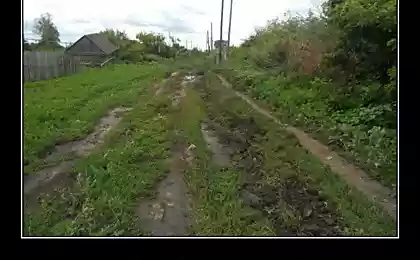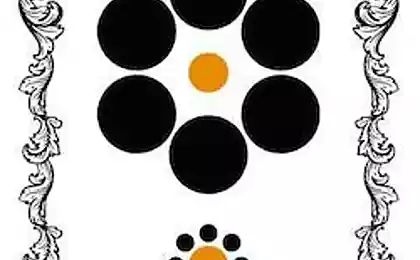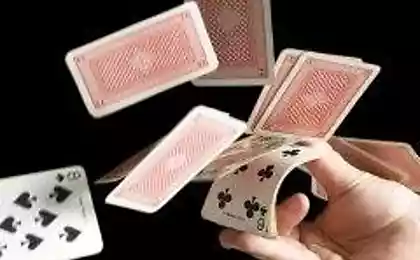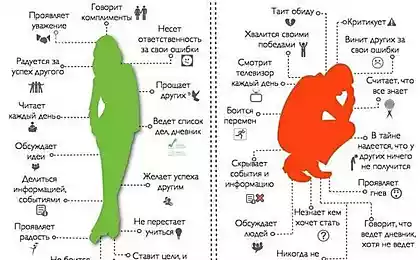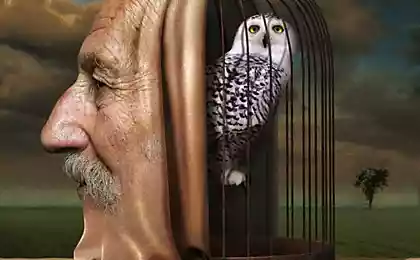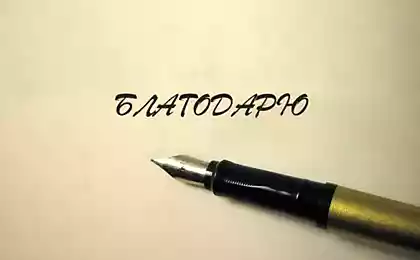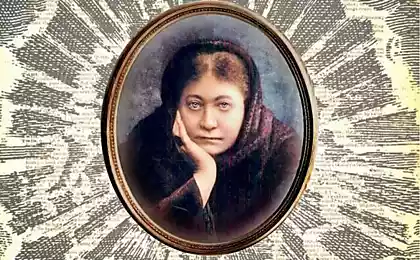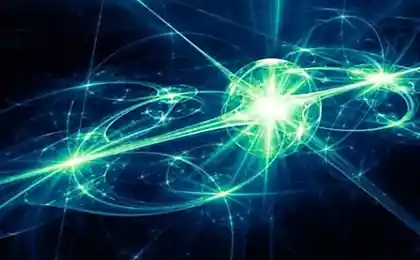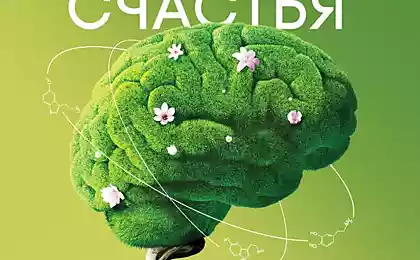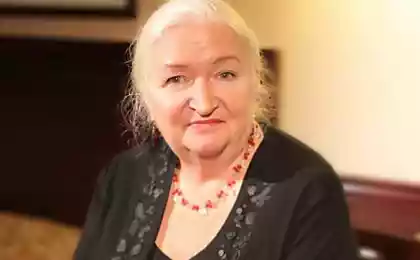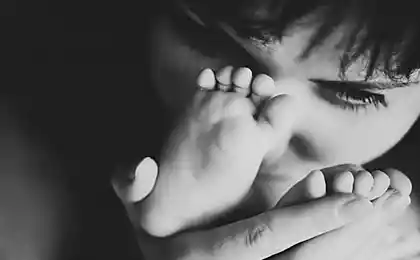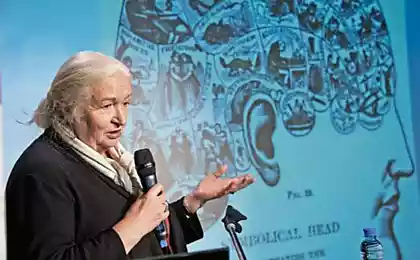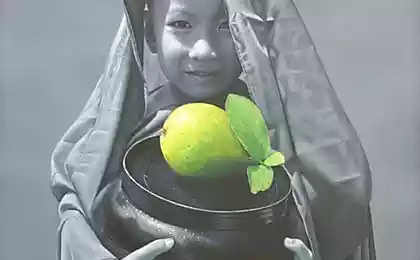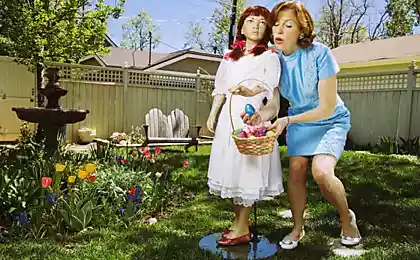513
Neuroscientist Susana Martinez-Conde: What happens in the brain when we experience gratitude
Neuroscientist Susana Martinez-Conde says what happens in the brain when we are grateful, and why even a short meditation on the kindness of others teaches us appreciation.
In a study published in Frontiers in Psychology, Glenn R. Fox, Jon Kaplan, Hanna Damasio and Antonio Damasio of University of southern California (Los Angeles) tried to determine using fMRI the neural correlates of gratitude.

A significant problem that the team had to decide before doing the visualization of the brain of the participants of the experiment was to engineer a situation that would have caused the feeling of gratitude in the laboratory.
To achieve this goal, researchers turned to the stories of Holocaust survivors who were in the archives of the Institute for visual history and education Usc Shoah Foundation. Archive of more than 50,000 videos, and evidence includes many stories about how the person managed to survive thanks to the kindness of other people.
Fox and his colleagues selected a collection of stories, in each of which the life of the narrator was saved by food, clothing or shelter provided to them by good people and caused a strong feeling of gratitude. In collaboration with students from the School of cinematic arts (University of southern California), the research team created a series of 2 minute documentaries based on the scripts of each story.
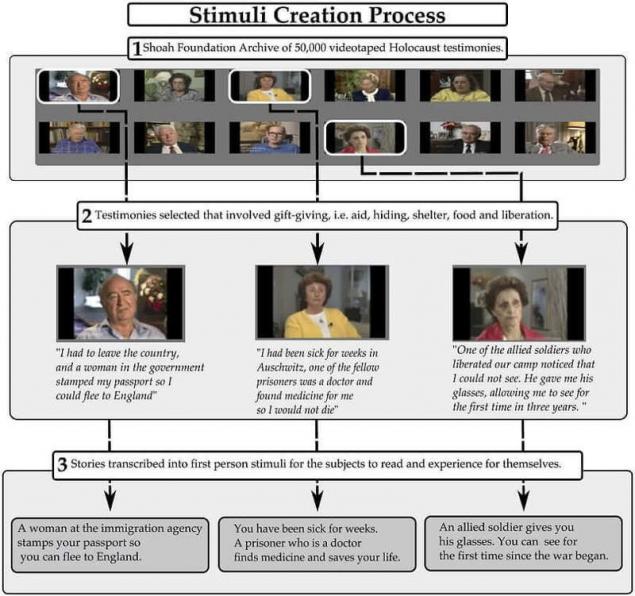
The participants watched a documentary to dive into the events of that time. They were then asked to imagine how they would feel if you were in the same situation and received the same gifts.
After that, the scientists have visualized the brain activity of the participants. First, they showed them the fragments, referring to the viewed documentary films, and then light blue "screen reflection", which was shown to participants for 12 seconds.
When the subjects looked at the screen, they were asked to imagine how they would feel if they were in this situation as deeply as possible. After a period of reflection, participants also evaluated the degree of her gratitude.
The most striking indicators of thanks was noted in the anterior cingulate cortex and medial prefrontal cortex. It confirmed the hypothesis of the authors that the neural correlates of gratitude include the parts of the brain associated with ethical knowledge, value judgment and understanding of another's consciousness.
Although the study is limited by the fact that the participants did not receive the gift in reality and just imagine your own reaction to the same scenario, however, it is one of the first studies to determine the neural basis of gratitude.
As the authors conclude, the results also "serve as a reminder that in the midst of this tragedy can be acts of compassion, sacrifice, and profound human dignity".
Also interesting: the Skill of gratitude: 100 things for which you are grateful
Gratitude stops the plight
Such acts of kindness — large and small — will meet us in the most difficult times as they occur in everyday life. Even a short reflection on "gifts" of family and friendship that surround us, can help our brain to realize that we have many reasons to be thankful.published
Source: monocler.ru/chuvstvo-blagodarnosti/
In a study published in Frontiers in Psychology, Glenn R. Fox, Jon Kaplan, Hanna Damasio and Antonio Damasio of University of southern California (Los Angeles) tried to determine using fMRI the neural correlates of gratitude.

A significant problem that the team had to decide before doing the visualization of the brain of the participants of the experiment was to engineer a situation that would have caused the feeling of gratitude in the laboratory.
To achieve this goal, researchers turned to the stories of Holocaust survivors who were in the archives of the Institute for visual history and education Usc Shoah Foundation. Archive of more than 50,000 videos, and evidence includes many stories about how the person managed to survive thanks to the kindness of other people.
Fox and his colleagues selected a collection of stories, in each of which the life of the narrator was saved by food, clothing or shelter provided to them by good people and caused a strong feeling of gratitude. In collaboration with students from the School of cinematic arts (University of southern California), the research team created a series of 2 minute documentaries based on the scripts of each story.

The participants watched a documentary to dive into the events of that time. They were then asked to imagine how they would feel if you were in the same situation and received the same gifts.
After that, the scientists have visualized the brain activity of the participants. First, they showed them the fragments, referring to the viewed documentary films, and then light blue "screen reflection", which was shown to participants for 12 seconds.
When the subjects looked at the screen, they were asked to imagine how they would feel if they were in this situation as deeply as possible. After a period of reflection, participants also evaluated the degree of her gratitude.
The most striking indicators of thanks was noted in the anterior cingulate cortex and medial prefrontal cortex. It confirmed the hypothesis of the authors that the neural correlates of gratitude include the parts of the brain associated with ethical knowledge, value judgment and understanding of another's consciousness.
Although the study is limited by the fact that the participants did not receive the gift in reality and just imagine your own reaction to the same scenario, however, it is one of the first studies to determine the neural basis of gratitude.
As the authors conclude, the results also "serve as a reminder that in the midst of this tragedy can be acts of compassion, sacrifice, and profound human dignity".
Also interesting: the Skill of gratitude: 100 things for which you are grateful
Gratitude stops the plight
Such acts of kindness — large and small — will meet us in the most difficult times as they occur in everyday life. Even a short reflection on "gifts" of family and friendship that surround us, can help our brain to realize that we have many reasons to be thankful.published
Source: monocler.ru/chuvstvo-blagodarnosti/

